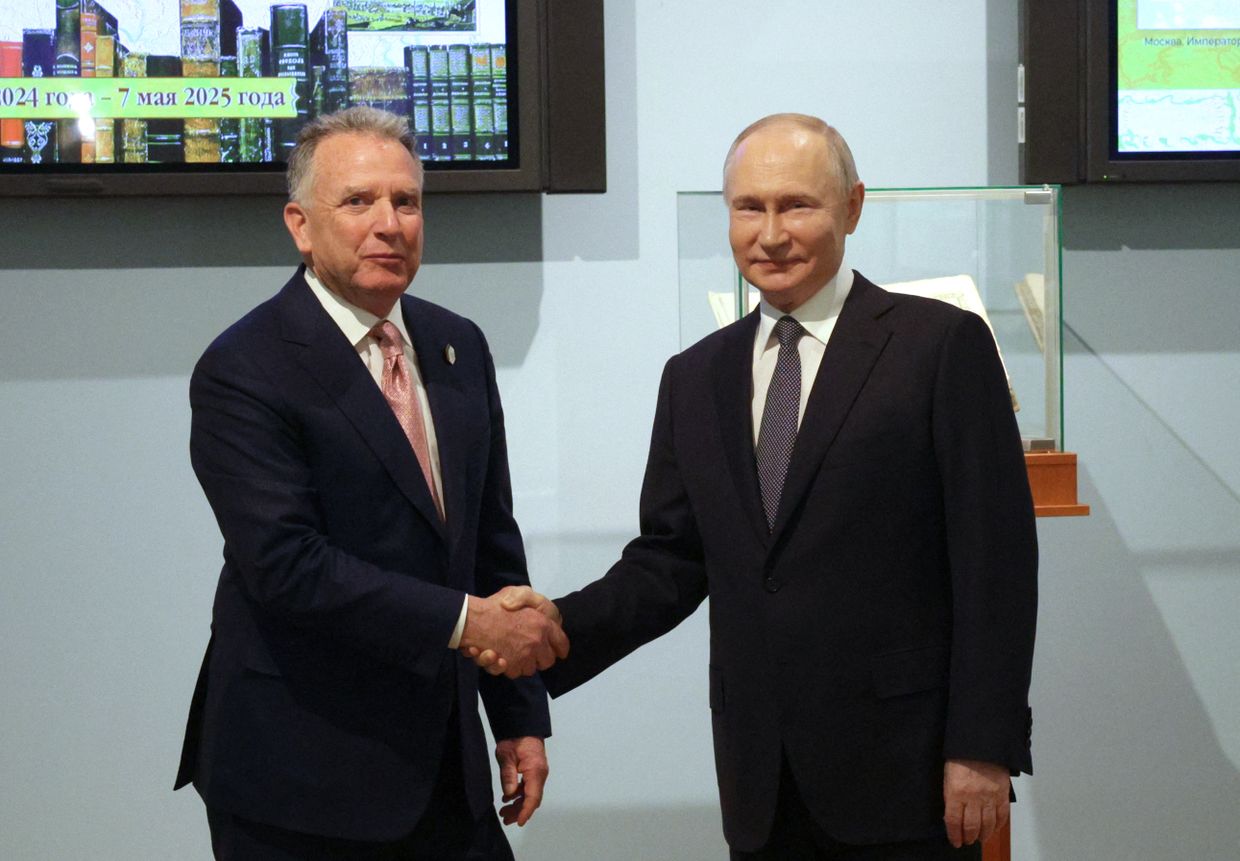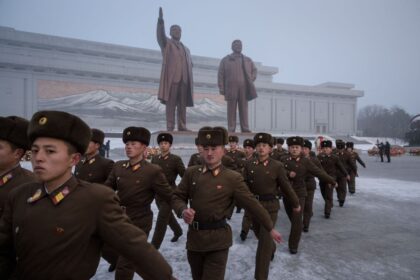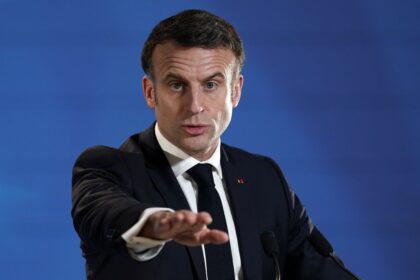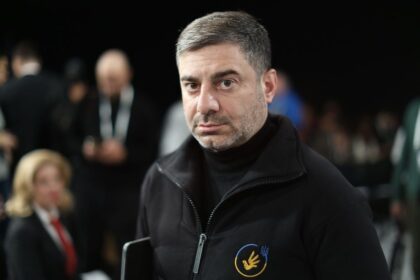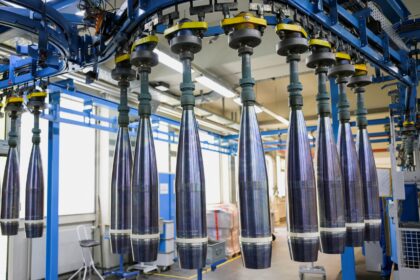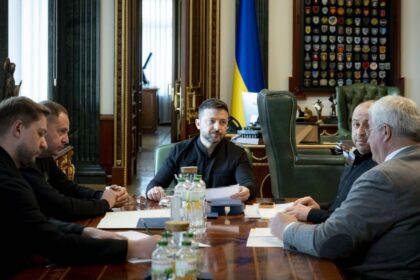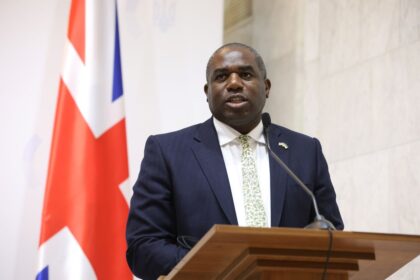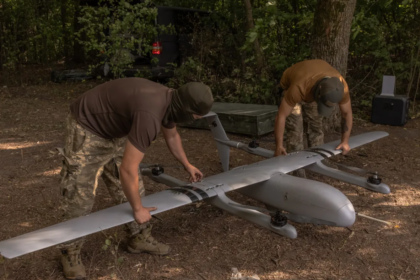**Trump’s Ukraine Peace Push is Really About Business, and Putin Knows It**
The world is watching as the United States and Russia engage in diplomatic efforts to bring an end to the war in Ukraine. But beneath the surface of these talks lies a more complex dynamic, one that involves business interests and economic incentives.
US President Donald Trump has been pushing for a ceasefire deal with Russian President Vladimir Putin, but it’s not just about ending the conflict. For Trump, this is also about securing lucrative business deals and gaining access to Russia’s vast resources.
The recent meeting between American and Russian delegations in Istanbul was supposed to focus on normalizing diplomatic missions’ work, but it’s clear that negotiations over a ceasefire deal are ongoing. The problem is that no party – not Russia, Ukraine, or the European Union – wants to end the conflict now. Everyone’s reputation is on the line.
Ukraine’s President Volodymyr Zelensky faces an unenviable choice: make major concessions to both the US and Russia, or continue pouring blood and treasure into the war effort. Europe is similarly unwilling to accept a peace deal that grants Russia concessions.
Russia, however, has less to lose from a peace agreement today. Putin may be able to end the war without losing much face, and the country has already defied expectations by weathering harsh sanctions and restrictions.
But here’s where it gets interesting: Putin is taking steps to position himself as the one calling the shots in these negotiations. By demanding the lifting of sanctions and restrictions against Russian agricultural producers and financial institutions, Putin is creating conditions for a ceasefire deal that would benefit Russia more than anyone else.
**Putin’s Economic Incentives**
In recent weeks, Putin has sent his “investment envoy” Kirill Dmitriev to the US to highlight the economic benefits of renewed bilateral cooperation. Dmitriev offered an enticing vision of US access to Russian Arctic resources and rare-earth minerals, as well as joint space missions.
These economic incentives are not just about promoting goodwill between nations; they’re also about securing business deals that will benefit Trump himself. With his long-standing ambition to establish a presence in Moscow, the Kremlin may be tempted to offer Trump prized Red Square real estate or other lucrative business opportunities in exchange for sanctions relief.
**Conclusion**
Whatever unfolds in these rapid-succession meetings, it’s clear that Putin is playing a clever game of cat and mouse with Trump. By leveraging the right mix of demands and economic offers, Putin may be able to position himself as the one calling the shots in these negotiations.
For now, Trump says he’s “pi**ed off” at Putin for not being more amenable to his administration’s ceasefire proposals, but it’s likely that the US president will ultimately agree to a deal that benefits Russia more than anyone else. After all, business interests often come before diplomatic or humanitarian concerns in these situations.
The outcome of this complex dance between Trump and Putin remains uncertain, but one thing is clear: whoever comes out on top will be the one who can secure the most economic benefits for themselves.




